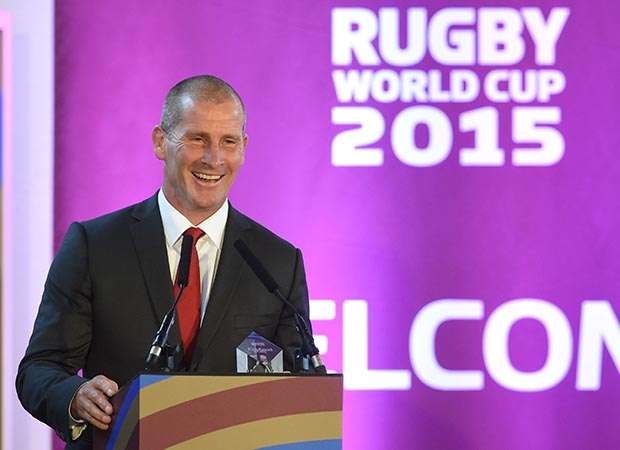 What was Stuart Lancaster thinking of when he thought it would be necessary to address the players and explain to them just how important it is to play in a World Cup at home?
What was Stuart Lancaster thinking of when he thought it would be necessary to address the players and explain to them just how important it is to play in a World Cup at home?
The reports that he chose to address the squad and had a specially commissioned film showing the journey of a young player following his dream of playing for England at home in the World Cup seems odd to me, even if it was his idea of getting the players in the right emotional frame of mind.
I have to ask: has professionalism changed players so much that they no longer have the sense of their own worth or are able to realise the privilege of being selected to play for their country?
As a player who had to wait until I was 31 to get my first cap, I know how intense my emotions and mental focus were every time I was privileged enough to be selected for my country.
Especially knowing you are going to run out in Twickenham, in front of an 82,000 capacity crowd containing your mum, your dad, your friends and family and everybody who knows how much playing for your country means to you.
You have thousands more that want to see a good game and you playing well, and then there are the millions at home watching on TV while opposite you is an opponent with all that, too, and just one sole intention, to rip your head off.
Do you need motivating? If so, what the hell are you doing in the team?
Playing in a home World Cup has the extra spice of making you ‘mainstream' in public awareness at a level that is never achieved by the Six Nations or any other rugby competition, so I wonder why Lancaster feels the need to refocus minds?
One of the major problems that face the professional teams that we, as amateurs never had to deal with, are the months of preparation as the extended squad first started training together back in June.
More than three months of living and training together in competition for places in the final squad and starting line-up, can take focus off the bigger picture, not for the players, but the coaches.
They can become so intent on getting their respective areas of expertise right that sometimes coaches can, in the quest to ensure they get their message across, become so focused on their own goals, they miss the needs of the team and the essentials of teamwork.
Lancaster's comment that the team are in a bubble in their training base and will therefore be unaware of the weight of expectation as the host team, is quite naïve. Even the use of extra security screens would not be enough to shut out the intrusive media frenzy that has followed England since the RFU won the right to stage the World Cup.
You would have to be from another planet not to understand what is expected and hoped for by the English rugby public, particularly as the RFU have put so much effort and time into advertising and marketing the event, using support for the team as a major factor.
That said, England certainly are not favourites to win, even though we are playing at home. I would say that all knowledgeable English fans expect the team to get out of their pool, while hoping that they can win it.
I feel Lancaster has chosen an emotional way to refocus his own efforts by letting the players see how much being involved in this World Cup means to him and his coaching team. That in itself is very unusual, as coaches don't usually allow anybody, especially players, into their innermost thoughts and ambitions.
In doing so, Lancaster has taken a massive risk because he has, in effect, shown the players that he feels as much a part of the team as them and that could add to the pressure that the players feel.
As a player, you dread the failure of letting down your teammates and not doing your job. You have to have a strong mental approach to each game, knowing that at some point you may get it wrong, but also knowing that most of the time you will get it right and earn the respect of your teammates on the pitch – but as a head coach you can't do that.
If you get it wrong, the team loses and you have to make the tough choices that will desperately disappoint those who are dropped. You are the man that picks the team, yours is the ultimate responsibility, so you cannot be part of the team, you cannot be friends with the players and you have to be able to separate yourself from the team and judge individual performances.
By using the methods he has chosen, Lancaster has put an extra emotional pressure on the players by highlighting the importance of a home World Cup as a whole and what it could mean to the sport here in England. In doing so he possibly risks taking the focus off each match.
With each game in Pool A being a must-win match to ensure an easier progression through the knockout stages, any extra pressure no matter how small is unwelcome.
It may be a cliché but it remains true: in a World Cup you have to approach each game as if it's your last because if you take anything for granted, you won't reach the final.


























